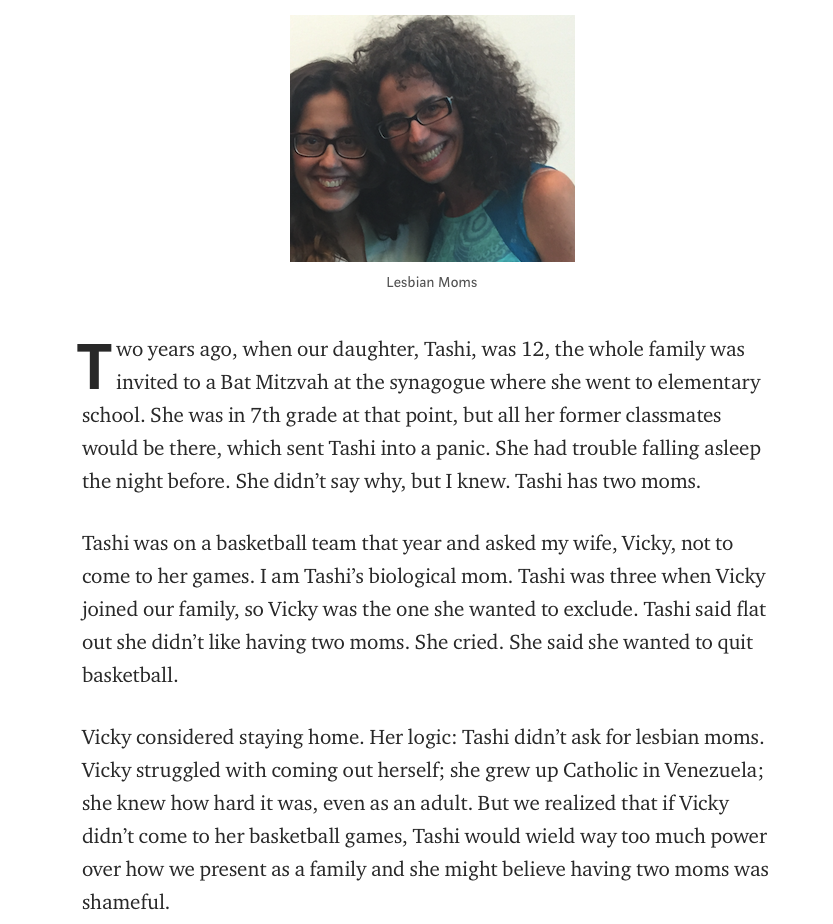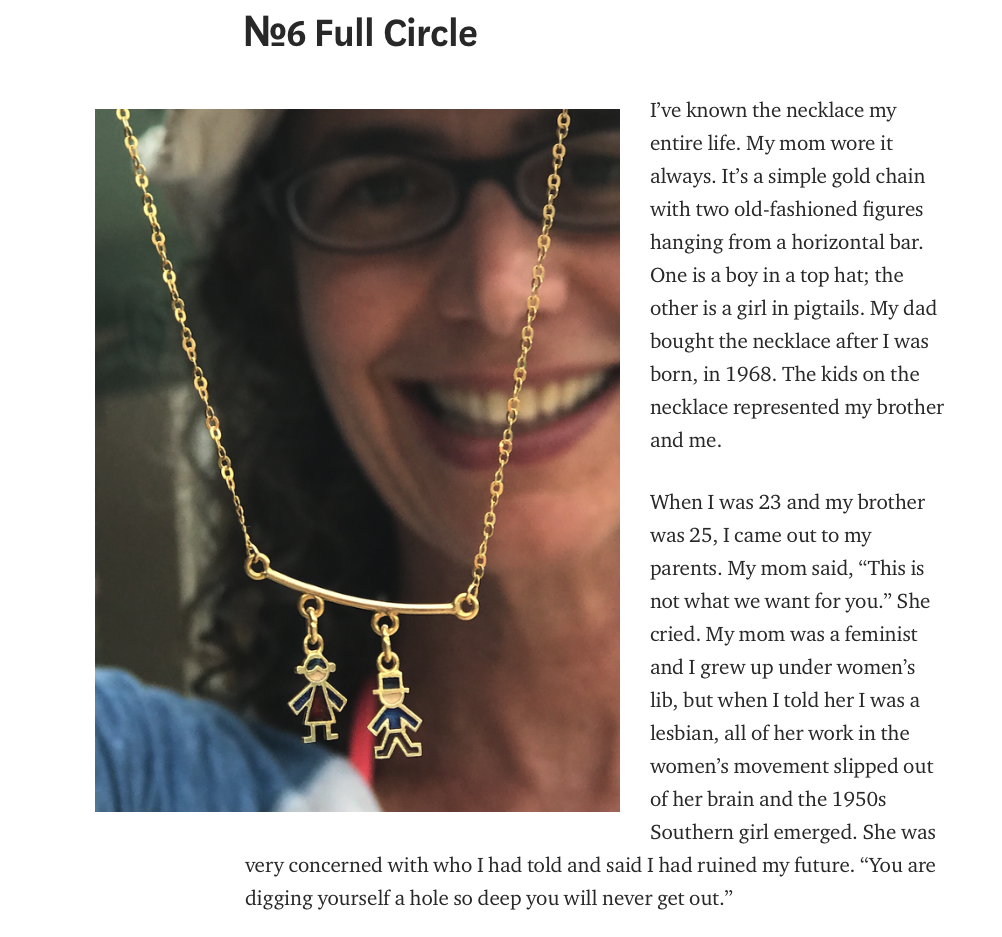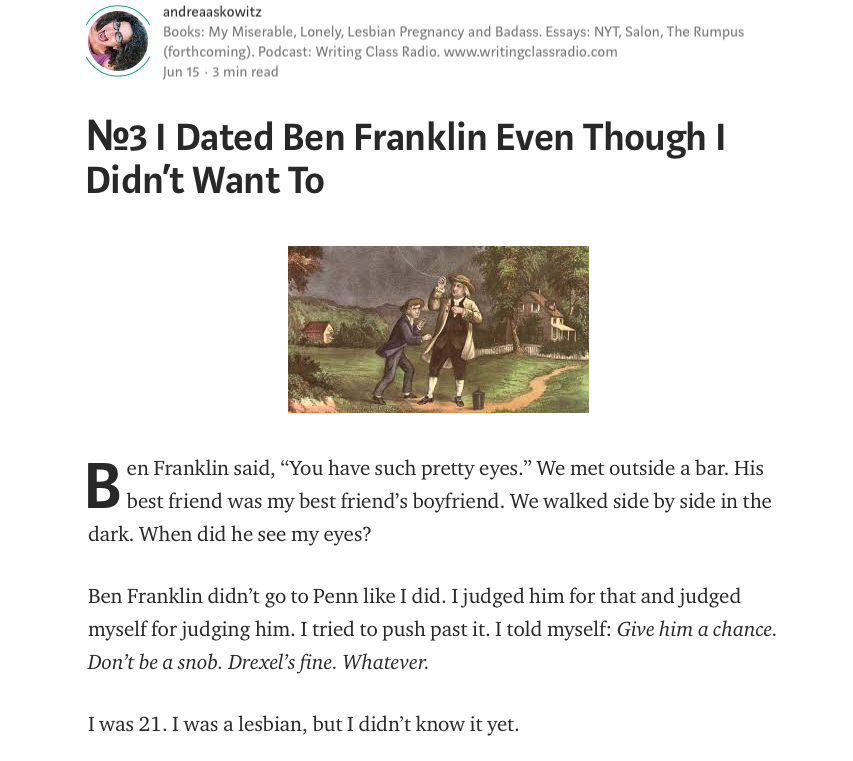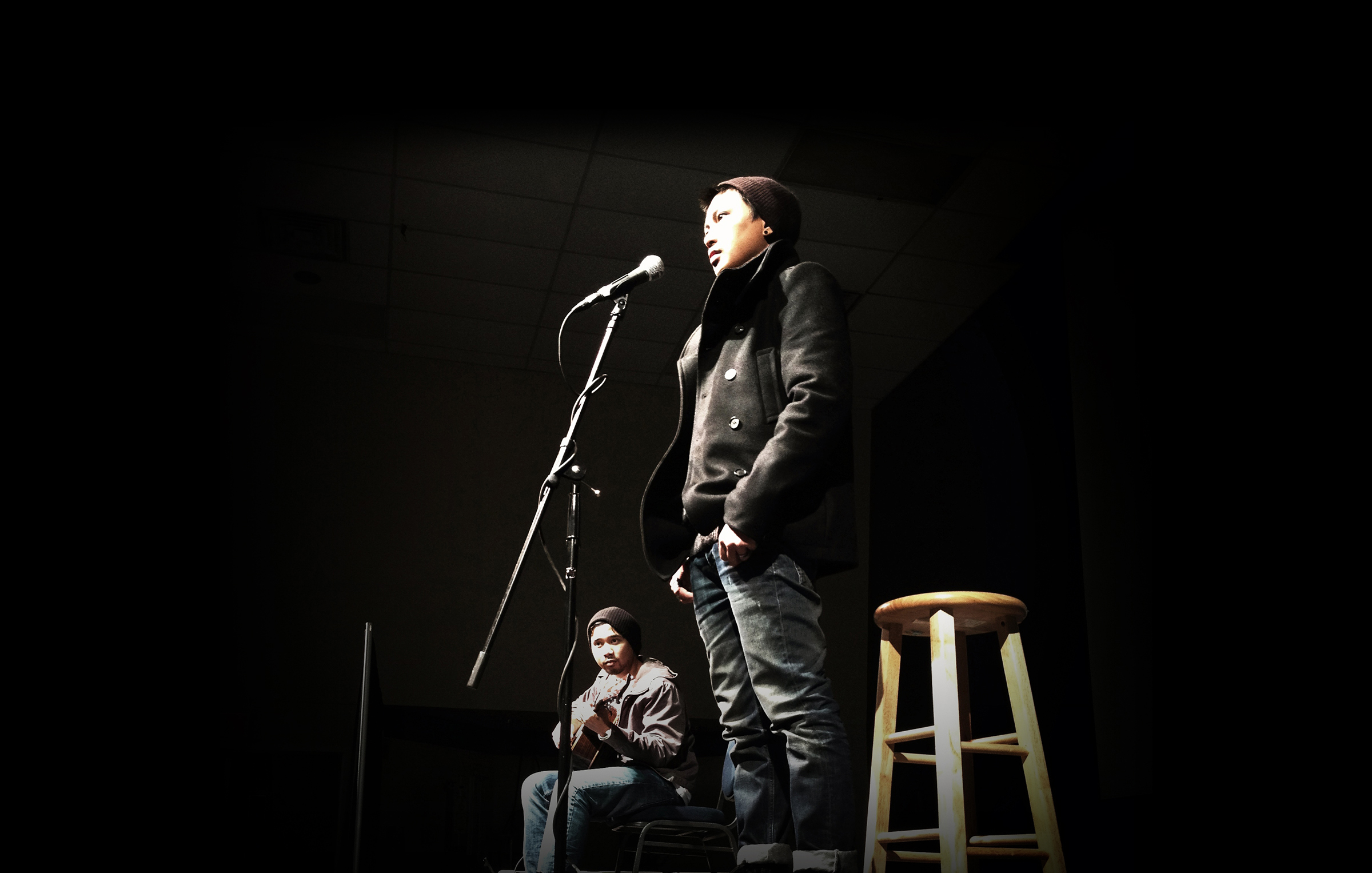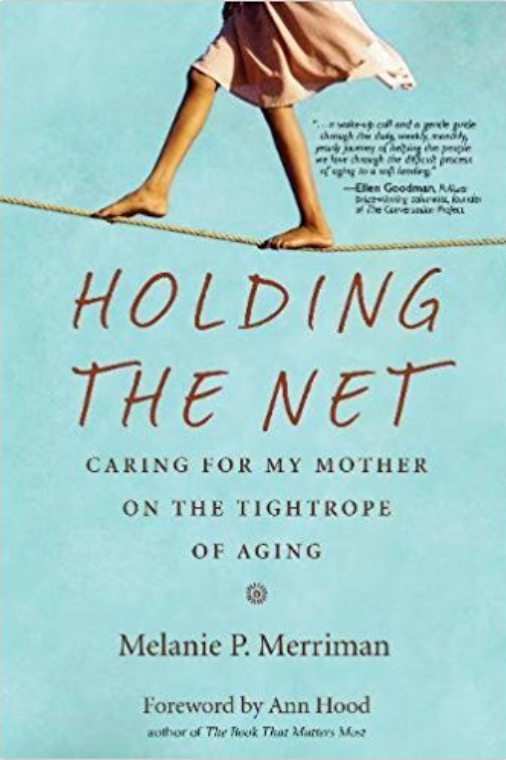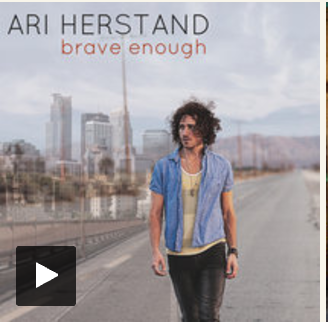By Margery Berger
My scale is always with me. It was with me when I went away to college, when my mother died, when my children were born and when my marriage ended after 28 years. I spend time with it every morning, every night, before bed and often at some other point during the day if I change my clothes.
I’ve been weighing myself since 7th grade. I did the math--that’s 48 years times 365 days, times two, which equals 35,040 weigh-ins. That’s not counting the additional times I weighed myself when I changed my clothes.
I’ve picked up a few other rituals through the years. I sleep with my iPad in case I need to read in the middle of the night. I don’t touch doorknobs without covering my hand with my sleeve. I hate using the pen things on credit card processors to sign my name especially at the pharmacy. Who knows how many people picking up Tamaflu touched it before me? If I have to, I’ll use my trusty hand sanitizer I keep in my purse. And the scale, I still eat and go on vacations, as long as I have it with me.
At 12, since I didn’t have my own scale, I would go into my parents’ bathroom, shut the door and strip down to my underwear. I stepped on the scale first thing in the morning, when I got home from tennis and again after dinner. If I weighed 88 instead of 87, I’d exercise more and eat a little less.
At sleepaway camp in Maine, I’d head up to the infirmary, before breakfast, where the scale was on the front porch. One summer--I can’t remember if I was 13 or 14--I grew almost 4 inches and lost 8 pounds. I went from 92 to 84 lbs. I wasn’t fat before that, but I wasn’t one of those kids who looked like a noodle with knees either. When I got home from camp, my mother told me how great I looked. I liked my new skinny body. A few years later, boys liked it too.
My weighing ritual hasn’t changed much through the years, except, of course, I no longer have to sneak into my parents’ bathroom to do it.
I take off my watch and my clothes, but I leave my underwear on if I’m not going to take a shower. Sometimes, I take out my ponytail rubber band, though I know it doesn’t weigh anything. I pee, even if I don’t have to, because I might weigh less after peeing. When I was pregnant, the nurse at the obstetrician’s office wasn’t surprised when I took off my jewelry and whatever else I could. She said all the skinny ones do that.
Twenty years ago, we took the kids on a 10 day ski trip to Vail, a long time to be away from my scale. I found a travel scale at Bed, Bath and Beyond. I justified the purchase by thinking I’d enjoy what I ate more if I knew how much I weighed. Unfortunately, the scale beeped every time I stepped on it, broadcasting my not-so-secret weigh-ins to my family through the closed bathroom door. Immediately afterwards, I would put it back in my suitcase, out of sight, not wanting to impart my bad habit to my 11-year-old daughter. I didn’t want to give her the message that being thin is the only way to be.
I’ve since found a better, quieter travel scale—a sleek looking, non-beeping digital one. It has a protective sleeve and fits neatly in my carry-on. That matters to me--I’m a good packer. The type that reads articles about the virtues of folding or rolling clothes and I have lots of Container Store inserts to keep my suitcase in perfect order. That’s off the scale topic... Or is it? People with eating disorders have control issues.
My travel scale comes with me whether I’m going for a few days or a few weeks. I always feel anxious as it goes through the screening machines. On the few occasions when my bag has been flagged, the TSA person finds my travel scale, takes it out of its case, rubs that thing over it that checks for dangerous chemicals and asks, “What’s this?”
“It’s a scale,” I say, and feel my face heat up. I want to think of an excuse, like it’s a gift for the friend I’m visiting or I need it for medical reasons. The scrutiny and embarrassment are worth it to me. I’ll know how much I weigh.
I keep a backup 9 volt battery in my toiletry case. There’s always a possibility that the travel scale battery will go dead. It would be difficult to find a 9 volt battery in the middle of Vietnam, and even harder to explain why I need it.
In 1992, I inherited the best bathroom scale ever from my father-in-law, the medical kind, and it looked so good in our black and white tile bathroom. When it broke about a year ago, I ponied up $488 for a worthy replacement. Bc I couldn’t trust a lowly $20 digital scale, no matter how good the online reviews were.
How did this obsession with the scale begin? Was it creepy cousin Ira’s comment, when I was 8? “You have such a pretty face, but you’d look better if you were skinnier.” Or was it images of Twiggy, the model, or the skinny Mary Tyler Moore or the gorgeous, but eating-disordered Audrey Hepburn? Or was it my stepfather telling me I had a Jewish figure, code for not skinny? Or is this compulsion to weigh myself hard wired into my brain. like OCD? Maybe all of the above.
I remember how much I weighed for each of the major events in my life: At 5’5”, I was thin at 116 pounds, my weight when I got married and when I got pregnant with both of my kids. I gained exactly 25 pounds each time, and lost the weight within 2 weeks of giving birth, both times. In 1986, I exercised to Jane Fonda’s video while my 1 week old daughter napped in her bassinet.
The most I ever weighed, non-pregnant, was my senior year of college. After a winter blizzard and lots of Entenmann’s cookies, I ballooned up to 128 pounds. When I got home from college that spring, my mother said, “You got chunky.”
My future husband/now ex-husband used to remind me regularly that he remembered the noise my corduroy pants made as my thighs rubbed together during that heftier time. For years he said, “You look much better thinner.” He said, “I wasn’t as attracted to you then.”
Now, I leave food on my plate. Many of my friends watch what I don’t eat. Some say to the others at the table, “She doesn’t eat.” or say to me “I wish I could be like you and have willpower.”
I explain, “I’m a grazer, I had a banana before I came. I ate a bunch of mint chocolate malted milk balls from Fresh Market. They’re my favorite.” Again, the scrutiny, while uncomfortable, is worth it.
Running helps. I can weigh myself before a run, then again after, and be a pound and a half less. the morning my marriage blew up, I had trouble catching my breath, but I ran. I told myself it was therapeutic, and sometimes running helps me think more clearly, but I ran that day, like I do on lots of other days, so I can see the number drop on the scale. I weighed 112 that day. I stayed at 111 for the next 6 years. Now, I weigh less. This morning, 107.
I can’t control my wrinkles or my age spots or my kids or my ex, but I can control my weight.
* * *
This story was read by Margery Berger on Episode 46: An Object is Not Just an Object. Click to listen.





